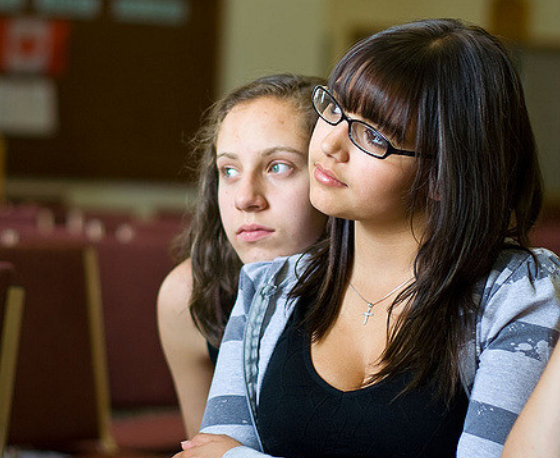In his preface to The Closing of the American Mind, professor Allan Bloom describes the main goal of education as a mission to help students answer the question, “What is man?”
As Bloom goes on to note, many individuals believe that the answer to this question is found in extensive book learning. But Bloom believes this is a serious misconception. He says that the greater answer to the question, “What is man?” can be found in the “living examples” we encounter in normal life.
Booker T. Washington would have agreed. Although he attended school and received a decent education, Washington felt ill-equipped when he took up his life’s work of founding Tuskegee Institute when he found himself thrust into interactions with individuals whose knowledge and understanding exceeded his own.
But instead of cowering under his inability, Washington determined to learn as much as he could from everyone he met:
“The result was that I made up my mind that I would try to make up for my defects in my knowledge of books by my knowledge of men and things. I said I would take living men and women for my study, and I would give the closest attention possible to everything that was going on in the world about me. I determined that I would get my education out of my work; I would learn about education in solving the problems of the school as they arose from day to day, and learn about life by learning to deal with men. I said to myself that I would try to learn something from every man I met; make him my text-book, read him, study him, and learn something from him. So I began deliberately to try to learn from men. I learned something from big men and something from little men, from the man with prejudice and the man without prejudice. As I studied and understood them, I found that I began to like men better; even those who treated me badly did not cause me to lose my temper or patience, as soon as I found that I could learn something from them.”
Today’s students come out of college with a head full of knowledge and believe they’re ready to face the world. As they enter the workforce, however, their employers quickly discover how ill-equipped they are to communicate with others, think critically, solve problems, or make ethical decisions. In other words, they are far from understanding how capable men and women function in life.
One has to wonder: would these problems diminish if students were taught to view education in the way Booker T. Washington viewed it? Not so much as a set time period to learn extensively from books, but instead an ongoing process of learning from life’s experiences and encounters?
Image Credit: Michael J (cropped) bit.ly/1eBd9Ks
















1 Comment
Rick Loayza
July 28, 2022, 8:14 pmI could not agree more. I do not take for granted the education I received that relied heavily on critical thinking.
I also became a lover of truth, even if that truth was uncomfortable, and a life long learner.
Thankfully, my wife feels the same way and we have been able to pass down to our kids a love for learning and critical thinking.
REPLY